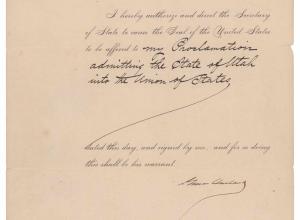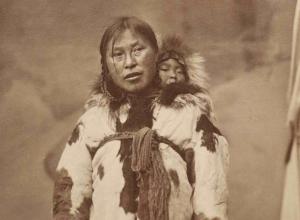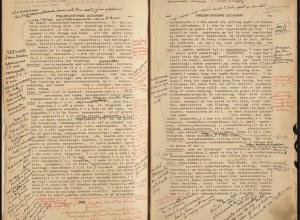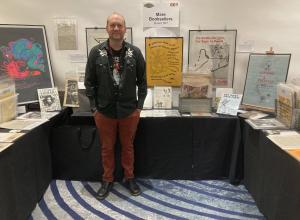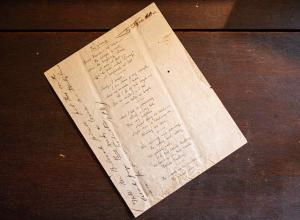Pen American Center Celebrates Banned Books Week
New York City, September 27, 2013—Gay penguins, a superhero clad in briefs, vampires and witches, bondage—this week is all about banned books as PEN American Center teams up the American Library Association, librarians, booksellers, publishers, and writers to celebrate the freedom to read.
On Monday, September 23, PEN began posting one essay a day about the books that have been mostly frequently banned or challenged in the United States and around the world. PEN asked PEN members, supporters, and staff—writers and editors of all backgrounds and genres—to reflect on the banned books that matter most to them. Among this year’s contributors, Matt Bell writes on Barbara Comyns’s Who Was Changed and Who Was Dead, Domenica Ruta shares her thoughts on Mark Twain’s Huckleberry Finn, Alissa Nutting takes on R.L. Stine’s Goosebumps, and Rob Spillman writes about Maurice Sendak’s Where the Wild Things Are. Follow the PEN America Blog for new essays posted every day throughout the week and into October.

PEN has also partnered with the American Library Association and Google for a series of online conversations with Sherman Alexie and Erica Jong about their experiences having their own books banned. Both conversations were streamed live on PEN’s Google + Community page, and are now available online at www.pen.org. Click here for Sherman Alexie’s conversation; click here for Erica Jong’s.
On Monday, September 30, PEN and the American Booksellers Foundation will present an evening of poetry banned throughout history. Allen Ginsberg, Walt Whitman, Marina Tsvetaeva, Frank O'Hara, Daniil Kharms, and Sappho are just a few of the poets whose work will be read by today's most interesting contemporary poets, including Timothy Donnelly, Deborah Landau, Alex Dimitrov, Monica Ferrell, Matvei Yankelevich, Claire Donato, Aimee Herman, Phil Fried, Ana Bozicevic, and others. Click here for more details.
Begun in 1982 in response to a sudden surge in book challenges and bannings in public schools and libraries, Banned Books Week supports free and open access to information and ideas, even those considered unpopular or unorthodox by some.
From Of Mice and Men to Harry Potter, more than 1,300 books have been challenged since 1982, according the American Library Association’s Office of Intellectual Freedom. In 2012 alone, there were 464 reported challenges, with Dav Pilky’s Captain Underpants series and Sherman Alexie’s The Absolutely True Diary of a Part-Time Indian topping the list.
“We can all take heart in the news that the Randolph County school board in North Carolina voted to return Ralph Ellison’s Invisible Man to school bookshelves," said Suzanne Nossel, Executive Director of PEN American Center, referring to the board’s decision last week to remove the iconic novel from school libraries. “Readers, writers, librarians, students, teachers, and community members stood up and spoke out against censorship and made a difference. This should inspire us all to take a similar stance when faced with threats to limit free and open access to information and books.”
Since the inception of Banned Books Week in 1982, libraries and bookstores throughout the country have staged local read-outs—a continuous reading of banned/challenged books—as part of their activities. For the third year in a row, readers from around the world can participate in the Banned Books Virtual Read-Out by creating videos proclaiming the virtues of the freedom to read that will be featured on a dedicated YouTube channel. » more details
For more information and a list of banned books by year, decade, and author, please visit the ALA’s website.
PEN American Center is the largest branch of the world’s leading literary and human rights organization. International PEN was founded in 1921 to dispel national, ethnic, and racial hatreds and to promote understanding among all countries. PEN American Center, founded a year later, works to defend free expression, advance literature, and to foster international literary fellowship. Its 3,000 distinguished members carry on the achievements in literature and the advancement of human rights of such past members as James Baldwin, Willa Cather, Robert Frost, Allen Ginsberg, Langston Hughes, Arthur Miller, Marianne Moore, Eugene O’Neill, Susan Sontag, and John Steinbeck. To learn more about PEN American Center, please visit: www.pen.org.






